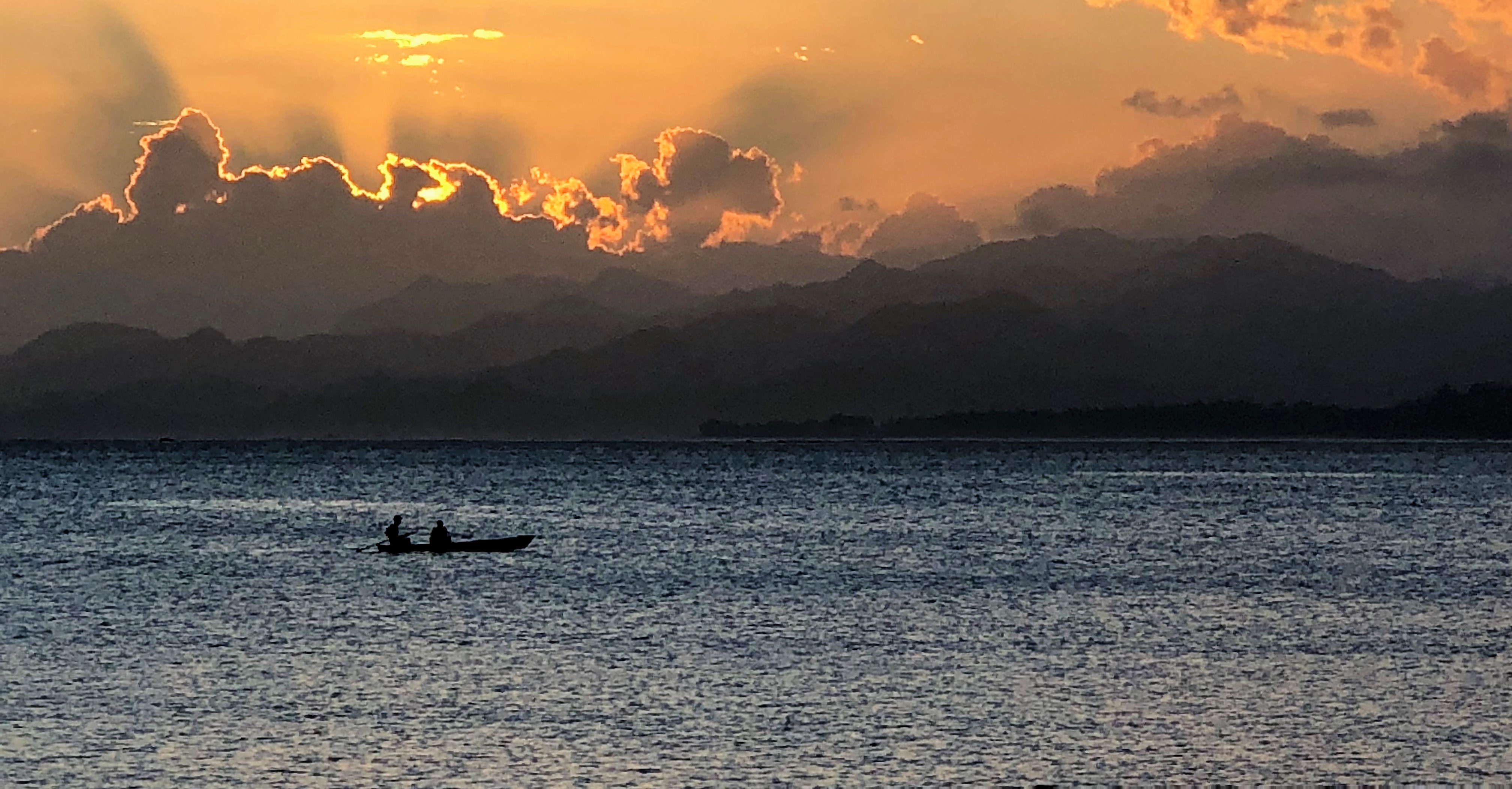Although not yet an operational industry, seabed mining is a trending topic in the Pacific. This is because the exploration of the seabed beneath the Pacific ocean is revealing or has revealed potential mine sites for valuable minerals that are in global demand particularly for new technologies.
Proponents of seabed mining suggest, amongst other things, that mining of seabed minerals will ease demand for, and have less negative social impact than, terrestrial mining, will assist in the development of new greener technologies, and will provide economic benefits to those who participate in the mining ventures. Those who oppose seabed mining question, amongst other things, the potential environmental effects of or from the activity of seabed mining, the resultant damage to other uses or users of the ocean, whether developing nations will benefit from the mining ventures, and whether it will, in fact, ease pressure on terrestrial mining.
This legal bulletin considers the international legal framework of seabed mining and how it is regulated or intended to be regulated. This legal framework is important for Pacific Island Countries (PICs) because the 1982 United Nations Law of the Sea Convention (LOSC) has granted to PICs sovereignty or exclusive sovereign rights to extract (explore and exploit) resources from the seabed within vast ocean areas. The legal framework may assist PICs as they decide how to balance potential adverse environmental impacts of seabed mining against the value of their exclusive rights to, and benefits from, other living resources within the oceans.




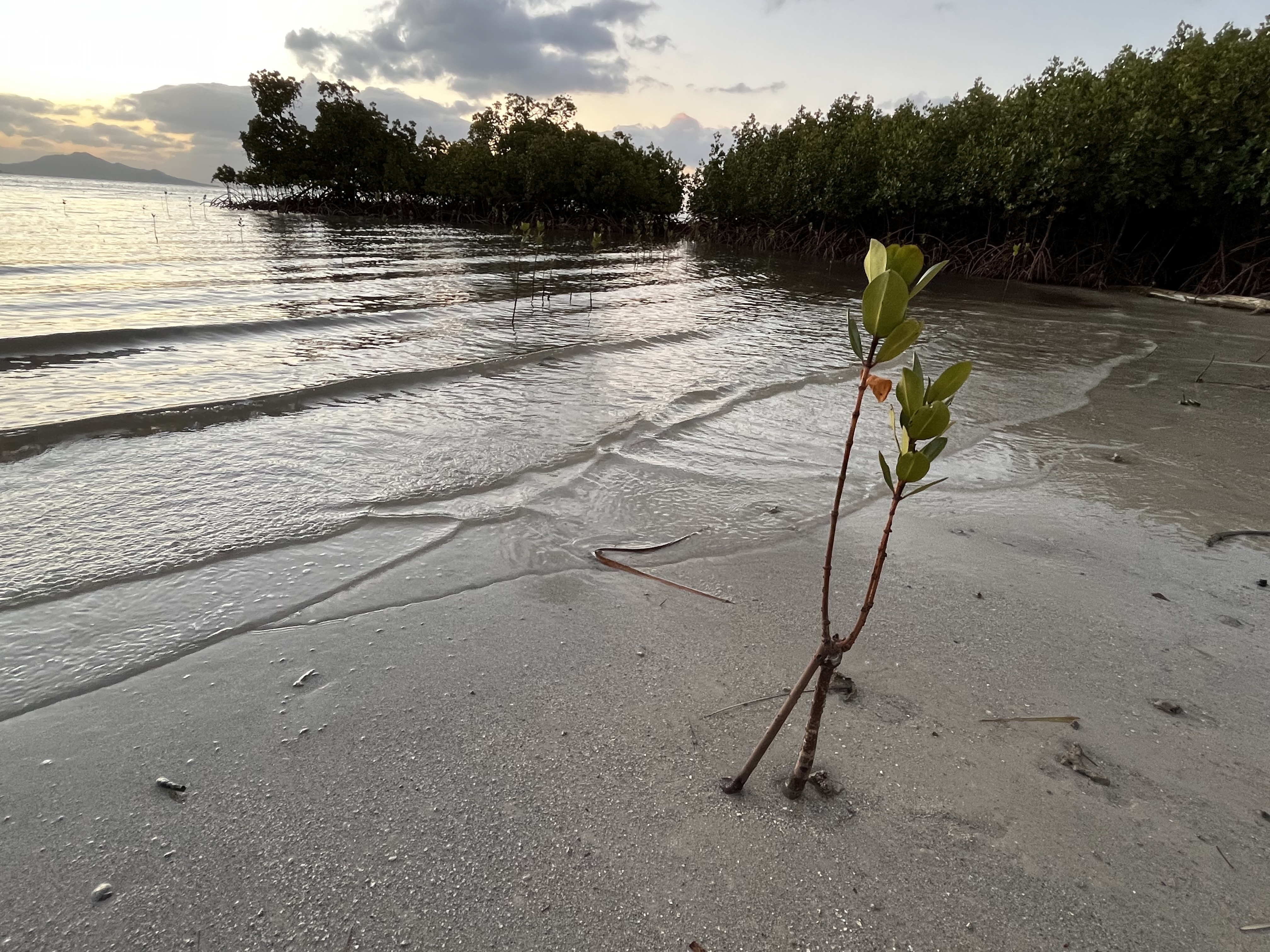

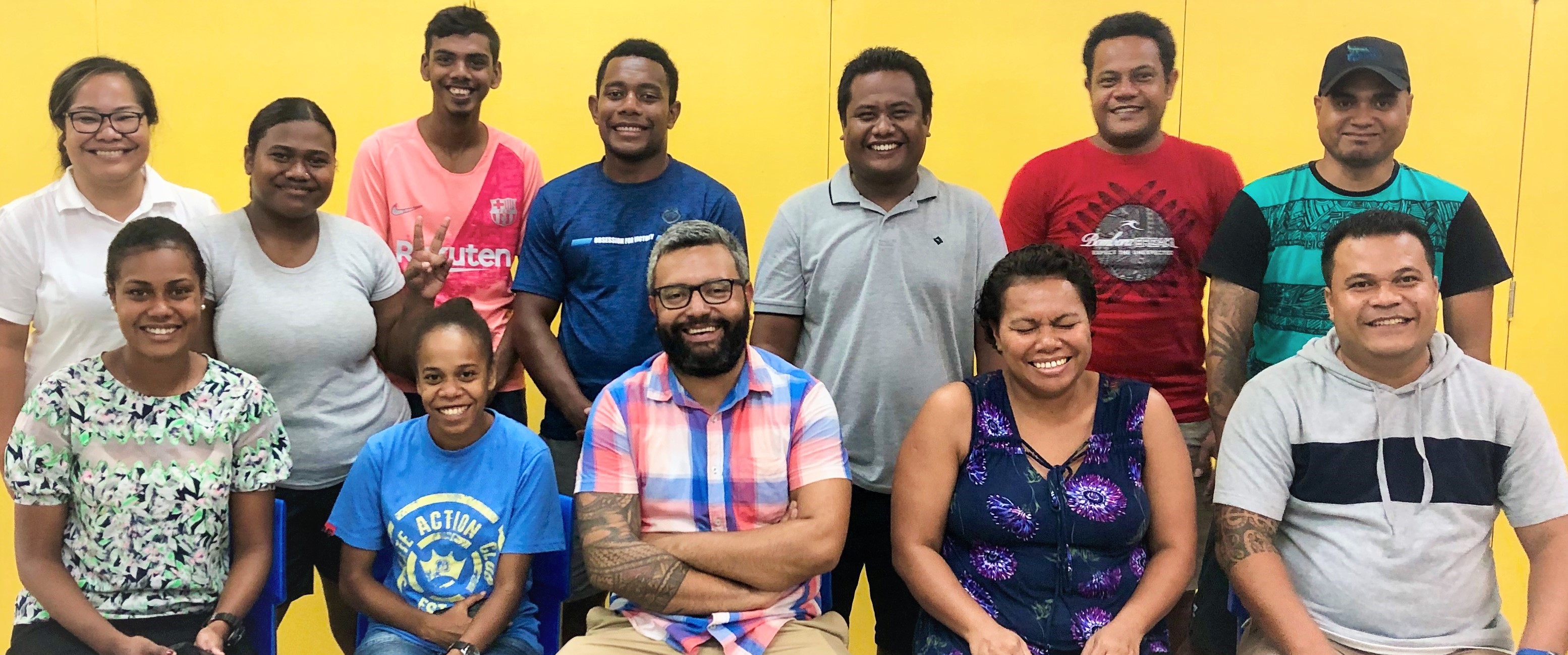
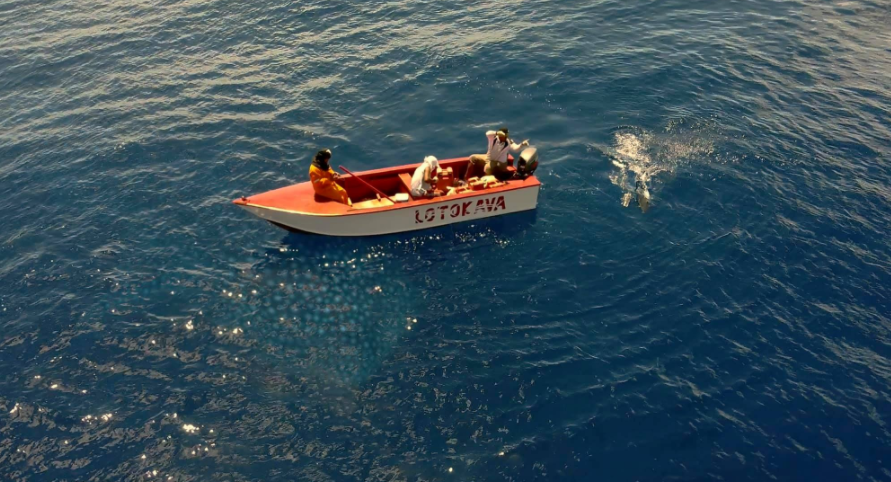
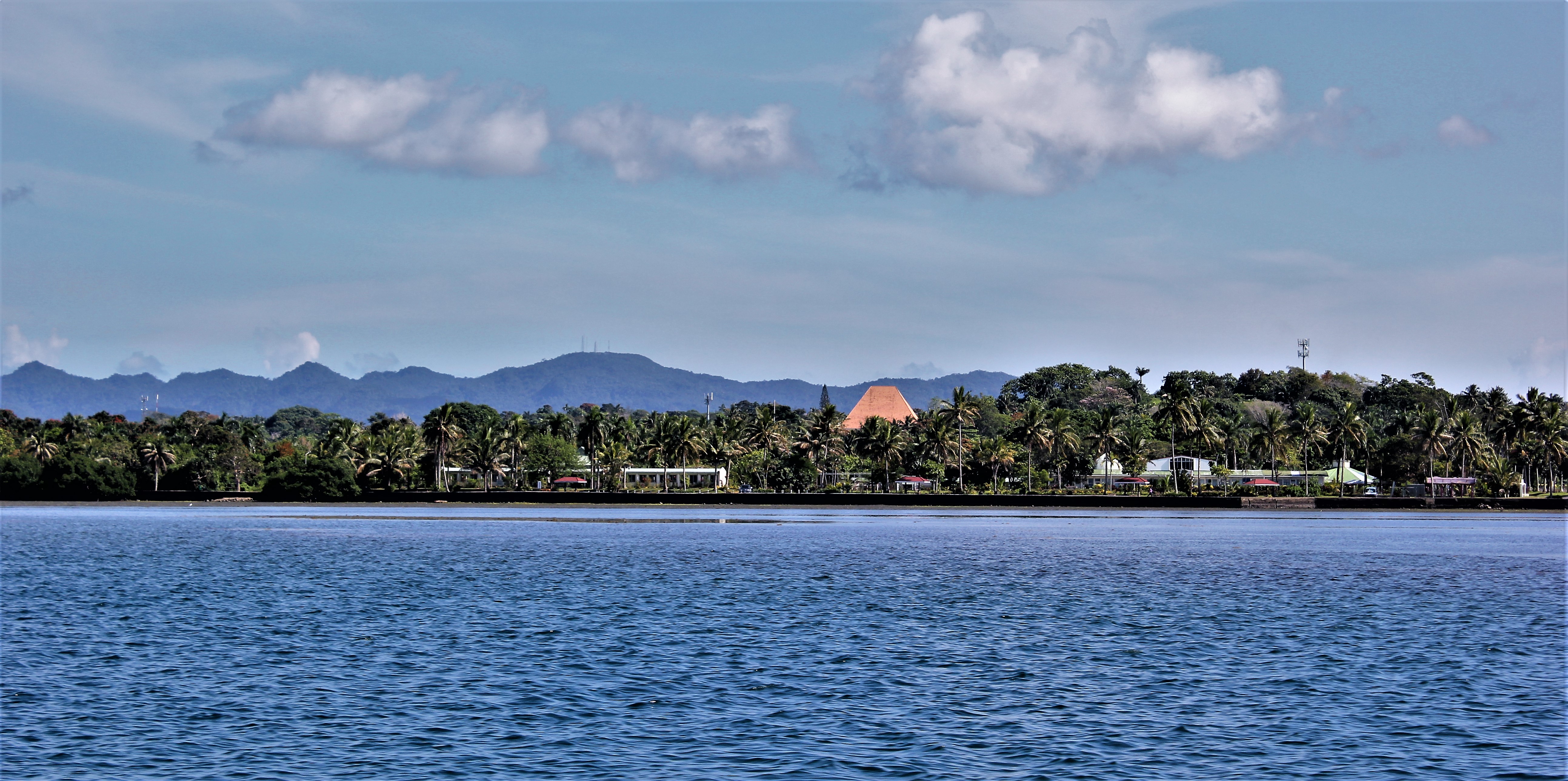
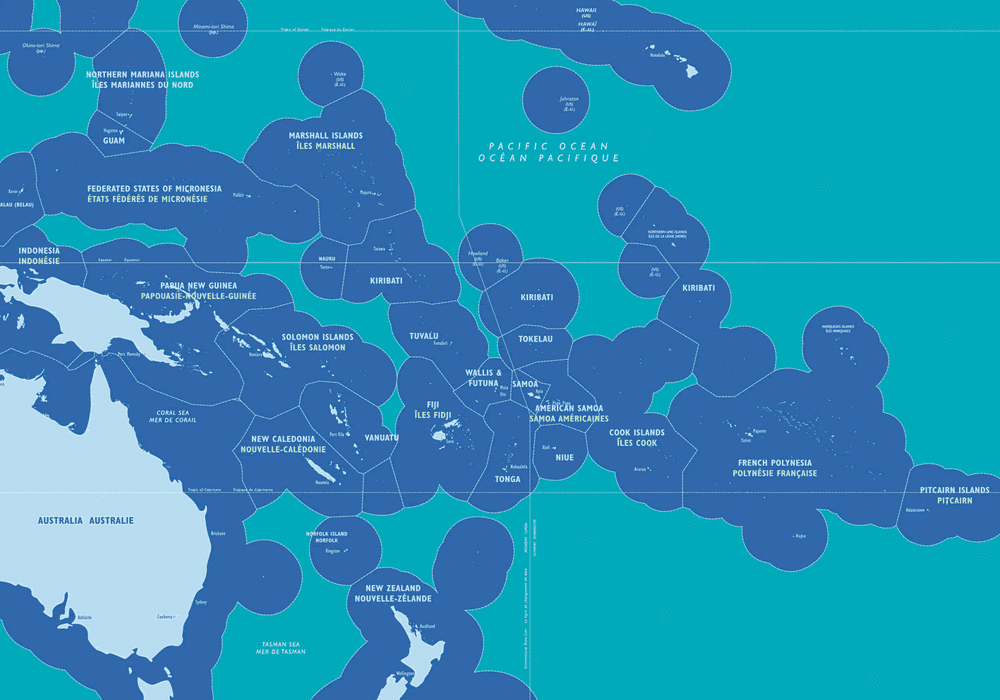

.png)
